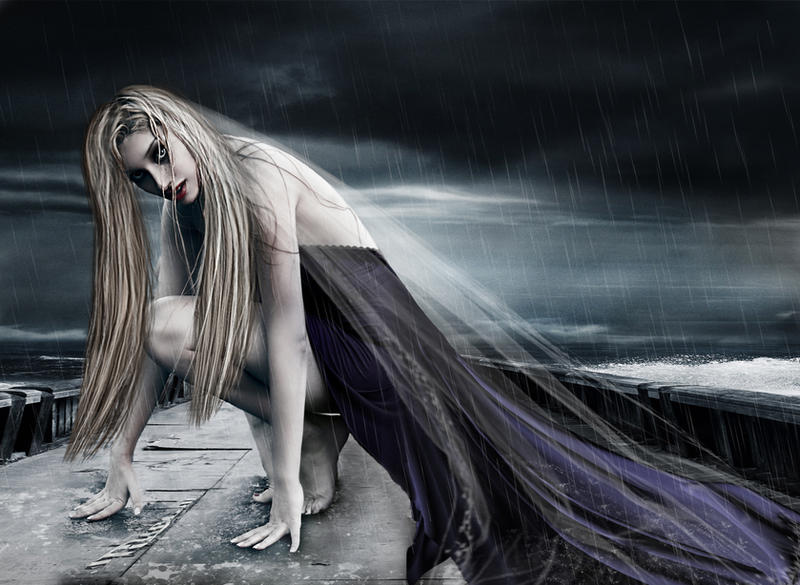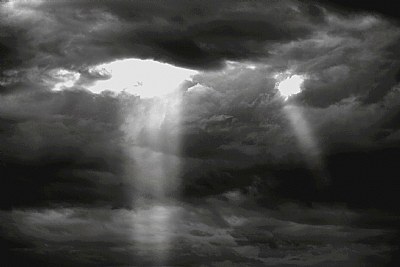Commitment is a big word. Most people will choose not to get involved with something or someone if he cannot do what is expected of him. Unfortunately, there are individuals that make promises that they cannot keep and those that tend to wait even for eternity.
Within Three Days is a four stanza poem with an alternating rhyme series. While the first and third lines comprise the total of seven syllables, the second and fourth lines have the total of five syllables.
Within Three Days is a four stanza poem with an alternating rhyme series. While the first and third lines comprise the total of seven syllables, the second and fourth lines have the total of five syllables.
For some personal reasons, commitment in relation to the number three has become an inspiration of the author (me) to write the poem. Some facts can be revealed though.
In the symbolism and significance of number three, it is cited as one of the four perfect numbers - number seven as a spiritual perfection; ten as ordinal perfection; twelve being a governmental perfection; and finally number three as divine perfection.
The number three symbolizing a divine perfection reveals only what is real, complete or essential like God Himself. God is life, spirit and light. Everything aside from God is vanity. All things under the sun are said to be useless or empty. Sadly, man himself can be unreal as well.
Fortunately, the number three also signifies the three gifts of grace – faith, hope and love. And as human beings, we can remain strong with these gifts from heaven while we wait for that commitment.







